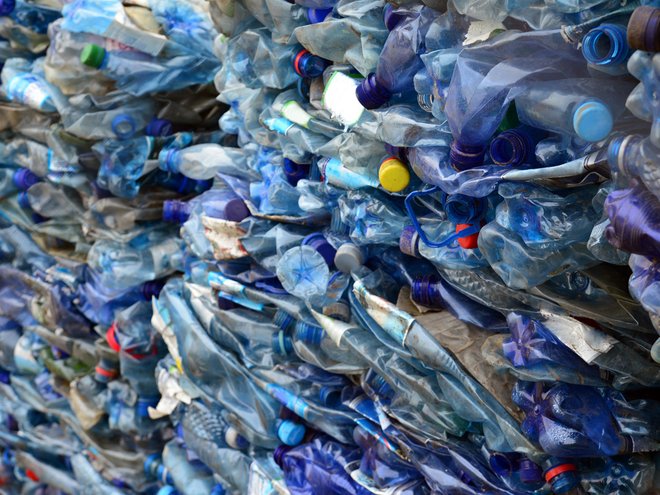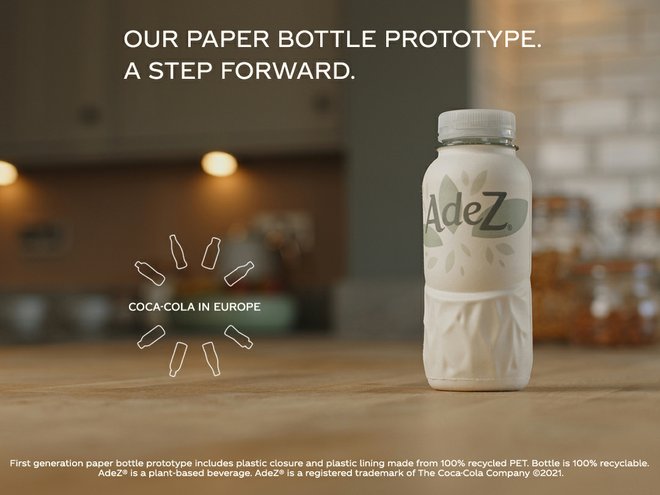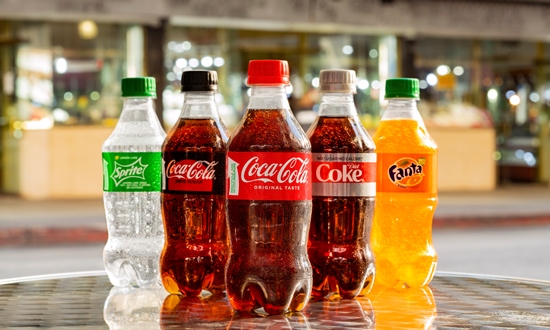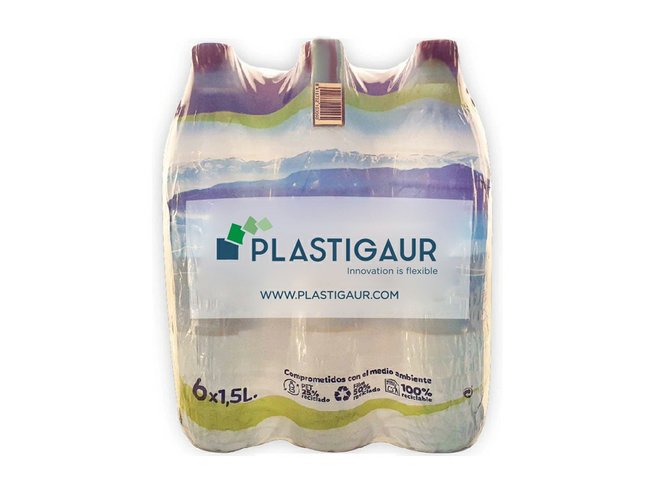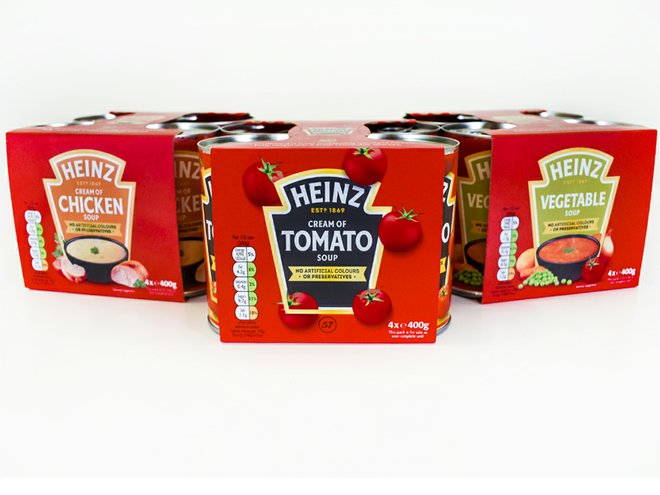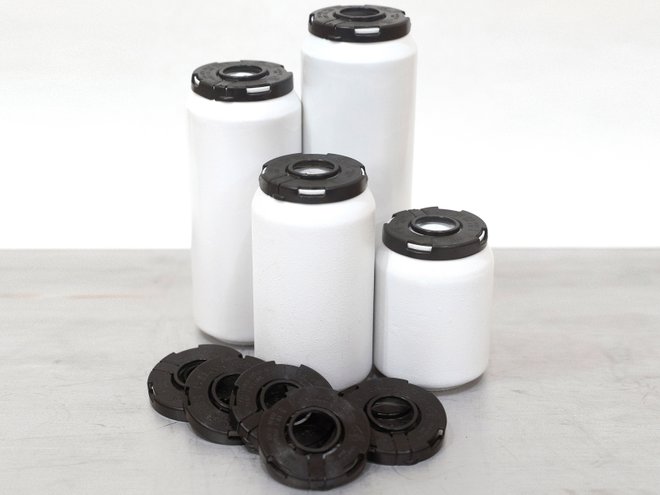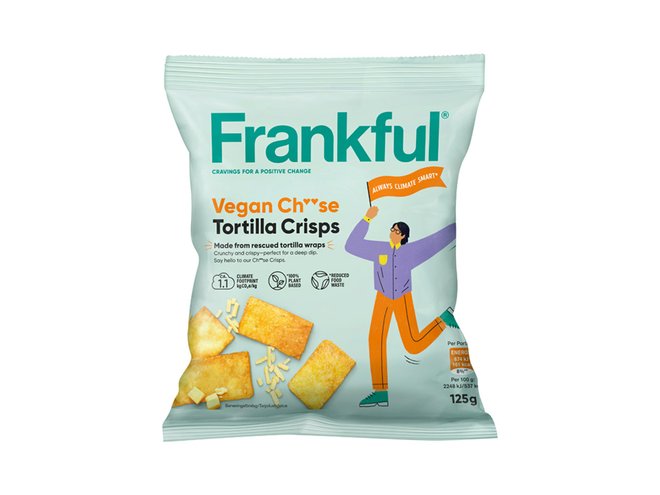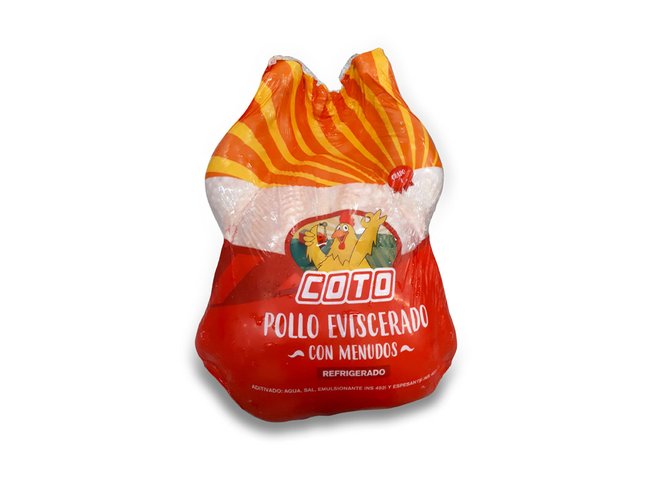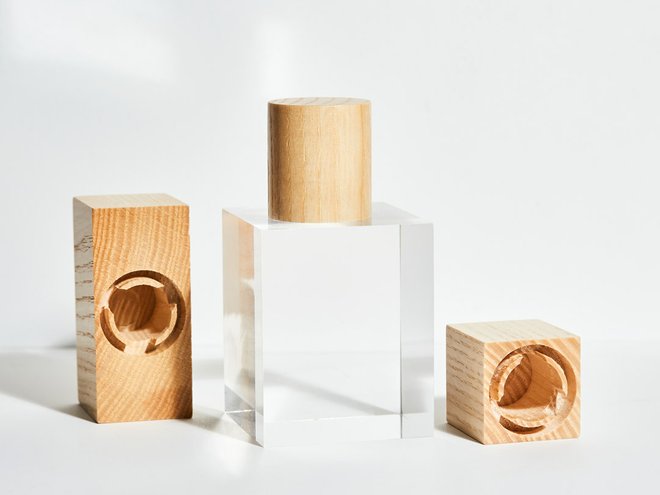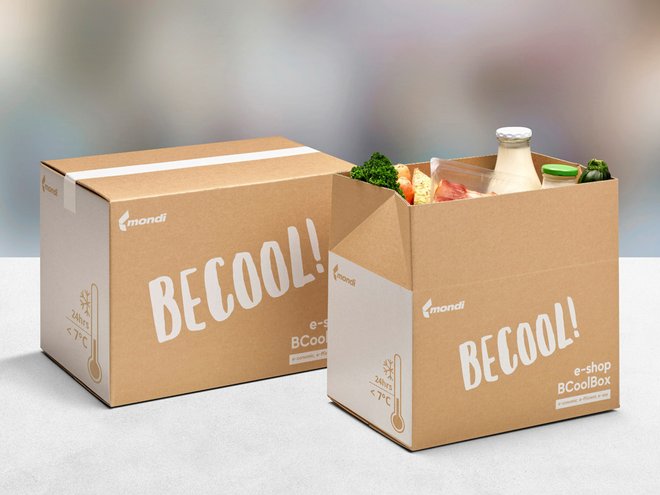UNESDA Soft Drinks Europe pledges that EU[1] beverage packaging[2] will be fully circular by 2030.
Launching its Circular Packaging Vision 2030, the industry commits that by 2025 its packaging will be 100% recyclable and its PET bottles using 50% recycled content. It ambitions that by 2030, its PET bottles will be made from 100% recycled and/or renewable PET, where technically and economically feasible. It also pledges that more than 90% of its packaging will be collected and that it will use more refillable packaging. These actions, says UNESDA, are directly contributing to the EU circular economy transition and surpassing EU targets set out in legislation.
“Our goal is that beverage packaging achieves full circularity and is recognised as a resource in a circular economy: it has value, is recyclable, is collected and used as recycled content,” said Ian Ellington, UNESDA president and SVP and Chief Category Officer, PepsiCo Europe. “We believe that packaging is a resource that should never be wasted and are taking numerous actions to achieve full circularity and support the European Commission’s agenda of accelerating the transition towards a green economy.”
A circular packaging is designed to contain recycled content, is recyclable and possibly also reusable; it is therefore part of a circular economy where the waste management and recycling infrastructure allows it to be widely collected, recycled and reused.
UNESDA says its members will deliver their Vision through these three equal pillars of circularity:
Collect: striving to achieve closed-loop collection of beverage packaging supporting:
- Creation of closed-loop beverage packaging collection and recycling systems to accelerate achievement of the target of at least 90% collection of all its packaging by 2030[3]
- Wider introduction of well-designed Deposit Return Schemes (DRS) for PET, aluminium cans and other materials (depending on the local situation) when 90% collection by existing Extended Producer Responsibility systems is not achievable.
Recycle: using only packaging that is circular by design and boosting uptake of rPET in beverage packaging to deliver:
- By 2025:
- Beverage packaging (plastic, metal, glass) will be 100% recyclable
- All soft drinks PET bottles will contain a minimum average of 50% rPET
- By 2030: The ambition is for PET bottles to be made from 100% recycled and/or renewable material if technically and economically feasible – thereby moving away from fossil fuel sources.
Reduce and reuse: reducing the sector’s packaging footprint and increasing the use of refillable packaging:
- Aiming to use more refillable packaging by 2030 compared with 2020[4]
- Studying the best environmental and economic pathway to increase use of refillable models.
Innovation is at the heart of circularity and the sector will continue investing in recycling technologies – including enhanced recycling – to improve their efficiency and financial performance. By combining mechanically recycled PET, enhanced recycled PET and renewable PET it is possible to reduce the carbon footprint of packaging and deliver products in a safe and sustainable packaging.
Europe’s soft drinks industry says it fully supports the EU ambition of making Europe the world’s first climate-neutral continent by 2050 and building a European circular economy – including packaging circularity.
To deliver its Vision, the sector will need coherent support from EU authorities and national governments including:
- long-term perspective and legal certainty as well as protecting the single market;
- a well-functioning secondary raw materials market that gives the soft drinks sector access to sufficient high quality rPET in order to meet its obligations under EU law, without compromising on safety standards and avoiding downcycling;
- increased investment in waste management and recycling infrastructure;
- an EU framework enabling innovative recycling technologies;
- EU minimum requirements for new DRS across Europe
- clear definitions of recyclability that foster innovation and investment.
“Our Circular Packaging Vision 2030 demonstrates that Europe’s soft drinks industry wants to continue to be a part of the solution,” concluded Ellington. “Circularity works and we are ready to make long-term investments in supporting and accompanying the transition to ensure that none of our packaging ends up as litter.”
[1] EU + Norway, Switzerland and UK
[2] Primary packaging corresponds to beverage containers (eg. PET bottles), caps and labels. Secondary plastic packaging is everything intended to protect not only the product, but also primary packaging which is often that most visible to the consumer in retail displays. The most common examples of secondary packaging include cardboard cartons, cardboard boxes and cardboard/plastic crates.
[3] In EU law only PET beverage bottles have a 90% collection for recycling target. Aluminium (as a general material, not just cans) has a 60% recycling target by end of 2030 and glass (as a general material not just bottles) has a 75% recycling target by end of 2030
[4] Current share for each packaging at EU level: PET 68% – 64% non-refillables, 4% refillables; Glass 7% – 3% non refillables, 4% refillables; Aluminium: 17%, no refillable
Source:https://packagingeurope.com/eu-beverage-packaging-aims-to-be-fully-circular-by-2030

